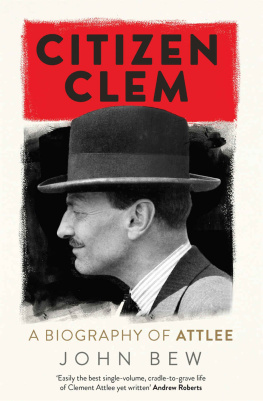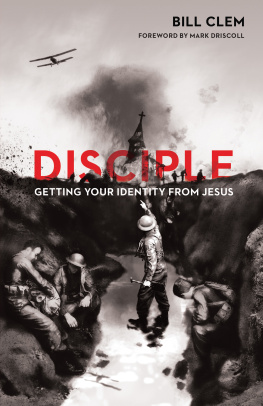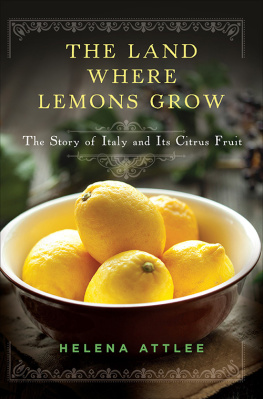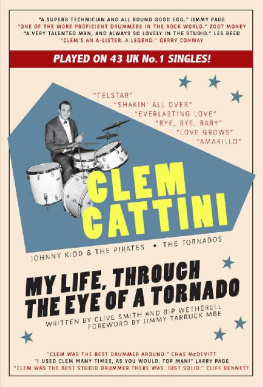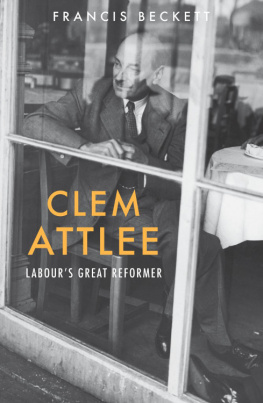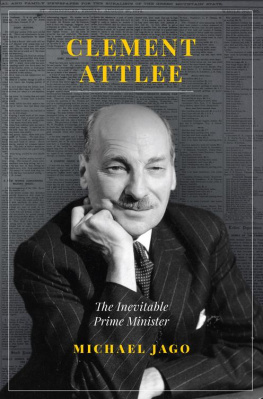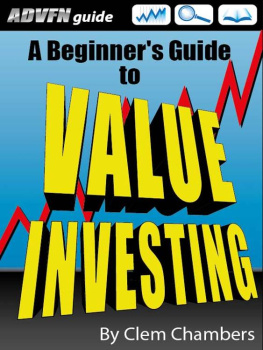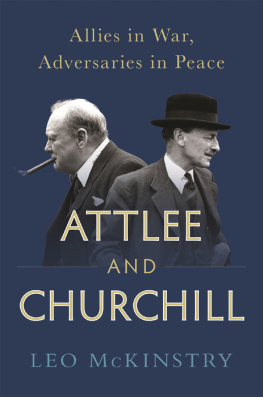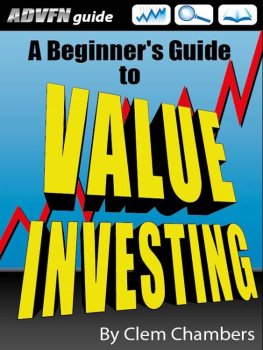John Bew - Citizen Clem: A Biography of Attlee
Here you can read online John Bew - Citizen Clem: A Biography of Attlee full text of the book (entire story) in english for free. Download pdf and epub, get meaning, cover and reviews about this ebook. year: 2016, publisher: Riverrun, genre: Science / Politics. Description of the work, (preface) as well as reviews are available. Best literature library LitArk.com created for fans of good reading and offers a wide selection of genres:
Romance novel
Science fiction
Adventure
Detective
Science
History
Home and family
Prose
Art
Politics
Computer
Non-fiction
Religion
Business
Children
Humor
Choose a favorite category and find really read worthwhile books. Enjoy immersion in the world of imagination, feel the emotions of the characters or learn something new for yourself, make an fascinating discovery.
Citizen Clem: A Biography of Attlee: summary, description and annotation
We offer to read an annotation, description, summary or preface (depends on what the author of the book "Citizen Clem: A Biography of Attlee" wrote himself). If you haven't found the necessary information about the book — write in the comments, we will try to find it.
Citizen Clem: A Biography of Attlee — read online for free the complete book (whole text) full work
Below is the text of the book, divided by pages. System saving the place of the last page read, allows you to conveniently read the book "Citizen Clem: A Biography of Attlee" online for free, without having to search again every time where you left off. Put a bookmark, and you can go to the page where you finished reading at any time.
Font size:
Interval:
Bookmark:

First published in Great Britain in 2016 by riverrun
This edition first published in 2016 by
Quercus Editions Limited
Carmelite House
50 Victoria Embankment
London EC4Y 0DZ
Copyright 2016 by John Bew
The moral right of John Bew to be identified as the author of this work has been asserted in accordance with the Copyright, Designs and Patents Act, 1988.
All rights reserved. No part of this publication may be reproduced or transmitted in any form or by any means, electronic or mechanical, including photocopy, recording, or any information storage and retrieval system, without permission in writing from the publisher.
A CIP catalogue record for this book is available from the British Library
Ebook ISBN 978 1 78429 973 6
Print ISBN 978 1 78087 989 5
Every effort has been made to contact copyright holders. However, the publishers will be glad to rectify in future editions any inadvertent omissions brought to their attention.
Quercus Editions Ltd hereby exclude all liability to the extent permitted by law for any errors or omissions in this book and for any loss, damage or expense (whether direct or indirect) suffered by a third party relying on any information contained in this book.
This book is a work of fiction. Names, characters, businesses, organizations, places and events are either the product of the authors imagination or are used fictitiously. Any resemblance to actual persons, living or dead, events or locales is entirely coincidental.
You can find this and many other great books at:
www.riverrunbooks.co.uk
By John Bew
Castlereagh: The Biography of a Statesman
For Jo
For their assistance and encouragement in the course of writing this book I would like to thank Jon Riley and Josh Ireland at Quercus and Georgina Capel and Rachel Conway at Capel Associates. I am grateful to the staff at the various archives and libraries I visited. In particular, I would like to thank those at the John W. Kluge Center at the Library of Congress, where I spent a year in 201314; the National Archives at Kew; Toynbee Hall; the Bodleian Library, where the bulk of Attlees papers are kept; and the Churchill Archives Centre in Cambridge. For further assistance with research and reference finding, I am grateful to Lynne Middleton, Gabriel Elefteriu and Andrew Ehrhardt. In different ways, Lord Radice, Jason Cowley, Mary Creagh, Jon Cruddas, Tristram Hunt, Jon Parry, Andrew Roberts and Brendan Simms provided words of encouragement and guidance at different stages of the project. A special thanks must go to Robert Crowcroft, who was extremely generous with his time and expertise. That the War Studies Department at Kings College London has been a happy place to work is credit to my colleagues there. Michael Rainsborough, Mervyn Frost, Theo Farrell, Rudra Chaudhuri, and Thomas Rid have been particularly helpful. Close friends such as Martyn Frampton, Inigo Gurruchaga, Shiraz Maher, Dean Godson and Alexander Hitchens have provided support and relief. This book was partly written with those friends and family who read the last one (or at least pretended to) in mind, such as Ed and Jess Gerrard, Dan Hawthorne, Susan Ramsay, Ryan Evans, Magnus Ryan, Martin Newth, James Mythen, Matt Hughes, Matt Perl, James Nicholson, William Farmer, Philip McCreery, Richard Houston, Stephen Greenlees, Tristan Stubbs, Ted Wright, Jonathan Scherbel-Ball and Tosh Barnham. Maybe Tommy, Georgia, Esme, Mia and Zac might read it one day too. My mother and father both gave invaluable advice, and much else besides, from start to finish. The Attlee story is one that intersects with aspects of our family history: from a great-grandfather in Lancashire who was a railway worker and trade unionist and kept a first edition of Jack Londons 1902 People of the Abyss on his shelf; to a great-uncle who was a navigator in the bombing campaign against Germany; and grandparents who married in India, having served there during the war, and then became the founding GPs at one of the first NHS practices established in Belfast. The book is dedicated to my wife, Jo, for keeping me fed, watered and sane. It is also dedicated to the memory of Stephen Hayward who, I hope, would have enjoyed it.
In our modern life the sense of unity is not realised, and all the pervading duties of citizenship are lost sight of in the wilderness of interests of both individuals and groups. Our extraordinarily complex life, our far too numerous activities, our strong assertion of individual liberty which we very imperfectly understand, and the assumed importance of our occupation as self-seekers and self-developers all these things tend to drive the citizen idea into the background. Yet in theory and also in fact it is still the necessary and single basis of social duty and social morality.
E. J. Urwick, A Philosophy of Social Progress, 1912,
quoted by Clement Attlee in The Social Worker, 1920.
It has been said that one of the greatest dangers of civilisation today is that mans conquests in the realms of science have outstripped his moral progress. It is the greatest task which lies ahead of us all in the Labour and Socialist movement to see to it that the citizens sense of obligation to the community keeps pace with the changes effected in the structure of society. We need to stress duties as well as rights.
Clement Attlee,
Speech to the 47th Annual Labour Party Conference
in Scarborough, 19 May 1948.
The Elusive Attlee
Twenty years after the Labour Partys great election victory of 1945, Earl Attlee, its former leader, was asked about his emotions on becoming prime minister that July. Just to know that there were jobs to be done, he replied. Undeterred by Attlees typically abrupt response, his interviewer pressed again. The Labour Party had been formed in 1900, and only forty-five years later it had achieved one of the largest parliamentary majorities in British history, with a record 12 per cent swing in its favour. Attlee had been there through its early struggles, stump-speaking under dim street lights in the East End, a witness to its near annihilation in 1931, when it was reduced to just fifty-two seats, and a central figure in its slow recovery over the following decade. He had become Labour leader in 1935 against expectations and brought the party into the wartime coalition in 1940, siding with Winston Churchill at Britains darkest hour. As the Second World War drew to an end, Attlees party had won an overwhelming mandate to carry out the most radical manifesto ever presented to the British electorate by a major party. The interviewer made one last attempt to draw this most reticent man out of his shell. Have you ever felt in any way, Lord Attlee, as being... a man of destiny... this kind of emotion which Winston Churchill has written about so much? The response was no more forthcoming. No. I had not much idea of destiny... you see, I didnt regard myself as a political hero. As for Churchill, Britains great wartime leader, thrown out of power by the British people in the flush of victory, his finest hour: I was sorry for the old boy.
It is not always easy to separate Attlee, the individual, from the achievements of his government of 1945 to 1951. This administration bestrides the twentieth century like the bridge between two worlds before and after the mobilisation of the country for total war, which had strained every sinew of the state and the people in a way that transformed Britain. Many of the things it did in office still shape British politics today. The most iconic of these is the establishment of the National Health Service (NHS) in 1948, which still stands as a totem to the Attlee government, and has attained a near-mythic status in British political life. Just three weeks after the NHS came into being, Attlee announced the start of the London Olympics, in a broadcast to the nation on 28 July 1948. When the Olympics returned to the British capital in 2012, it was the NHS which was the centrepiece of Danny Boyles opening ceremony a sentimental paean to the best of Britishness. Yet it is all too easily forgotten that the NHS was just one pillar of a new comprehensive and universal system of insurance, welfare and family allowances to be enjoyed by all citizens, regardless of their means. Taken together, this implied nothing less than a new contract between the individual and the state: a British New Deal. It was, as Attlee saw it, a great evolutionary leap in the ideal of citizenship which set Britain apart from so many nations. The prerequisite for this new social contract was the maintenance of almost full employment. In material terms alone, this was a revolutionary break from the 1930s, when, at the height of the Great Depression, unemployment had peaked at 3.5 million, with as many as 70 per cent out of work in some of the hardest-hit areas.
Font size:
Interval:
Bookmark:
Similar books «Citizen Clem: A Biography of Attlee»
Look at similar books to Citizen Clem: A Biography of Attlee. We have selected literature similar in name and meaning in the hope of providing readers with more options to find new, interesting, not yet read works.
Discussion, reviews of the book Citizen Clem: A Biography of Attlee and just readers' own opinions. Leave your comments, write what you think about the work, its meaning or the main characters. Specify what exactly you liked and what you didn't like, and why you think so.

